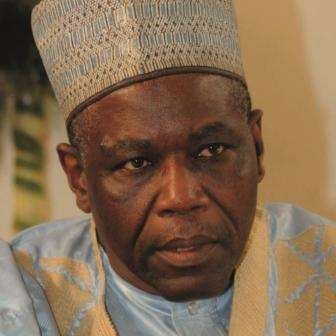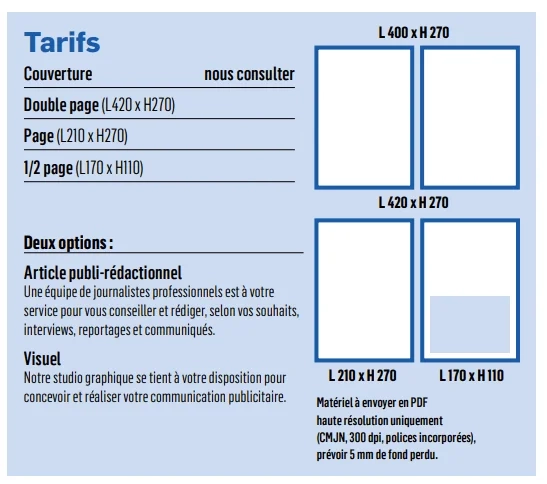
Gabriel Mbairobé, Minister of Agriculture and Rural Development (MINADER) since January 4, 2019, is in charge of productivity in the rural sector, which is one of the Government's priorities for the 2023-2025 triennium.
Born on February 3, 1958 in Garoua, Gabriel Mbairobe completed his higher education at the National Polytechnic School of Yaoundé where he obtained his degree in Electromechanical Engineering. He was recruited by the Cameroon Cotton Development Company (SODECOTON) in early 1984. A specialist in the assembly of ginning factories, he is considered to be the person who supported most of the projects for the installation of new factories of this state-owned company.
Alongside his professional activities, Gabriel Mbairobe entered politics at a very early age. He was President of the Roumde Adjia Basic Committee in the 1990s. He was elected Municipal Councilor in the Commune of Garoua 1st in 2013 and then President of the Roumde Adjia-Reyre Petit Paris Sub-section. He is also a 3rd degree Chief in the Lakaré neighborhood in Yelwa.
Then in office as Director of Industries cumulatively with the functions of Focal Point at the Central Commission for Procurement and General Supplies and representative of the Contracting Authority within the Internal Commission for Procurement of SODECOTON, he was appointed on January 4, 2019, by Decree of the President of the Republic, HE Paul Biya, Minister of Agriculture and Rural Development in the Government of Joseph Dion Ngute.
Gabriel Mbairobe addressed the issue of developing value chains to create wealth and jobs, relying on an important component, that of training young people and strengthening food and nutritional security.
With a proposed budget of nearly 95 billion CFA francs for the 2023 fiscal year, the Minister of Agriculture and Rural Development aims to carry out his department's projects. Among the initiatives identified is the effective implementation of the import-substitution policy. It targets crops such as rice, corn, millet, sorghum, and palm oil. The Minister intends to subsidize the price of fertilizer at 30% and provide improved seeds to producers. He has allocated 14 billion CFA francs to support the price of 50,000 tons of fertilizer for food production and 4.5 billion CFA francs to support the production of improved seeds. 2023 therefore promises to be a year of major investments at the Ministry of Agriculture and Rural Development.
To attract the private sector to invest in agriculture, the Minister has lifted barriers by making land reserves available, while not excluding the contribution of foreign investors. The project to create a 400,000-hectare land reserve on the Batchenga-Ngaoundéré corridor is part of the so-called import-substitution policy in effect since 2021, which aims to increase agricultural production in Cameroon, revitalize the sector, and initiate local processing.
Gabriel Mbairobe is fluent in French, English, Fufulde, and Laka. This engineer also has a high level of computer skills.


















 A Seat That Transforms into a Bed
A Seat That Transforms into a Bed  In the world of air travel, economy class is often considered the most affordable option. However, at Air Afrika, we believe that affordability shouldn't mean compromising on quality of service. Our class
In the world of air travel, economy class is often considered the most affordable option. However, at Air Afrika, we believe that affordability shouldn't mean compromising on quality of service. Our class







